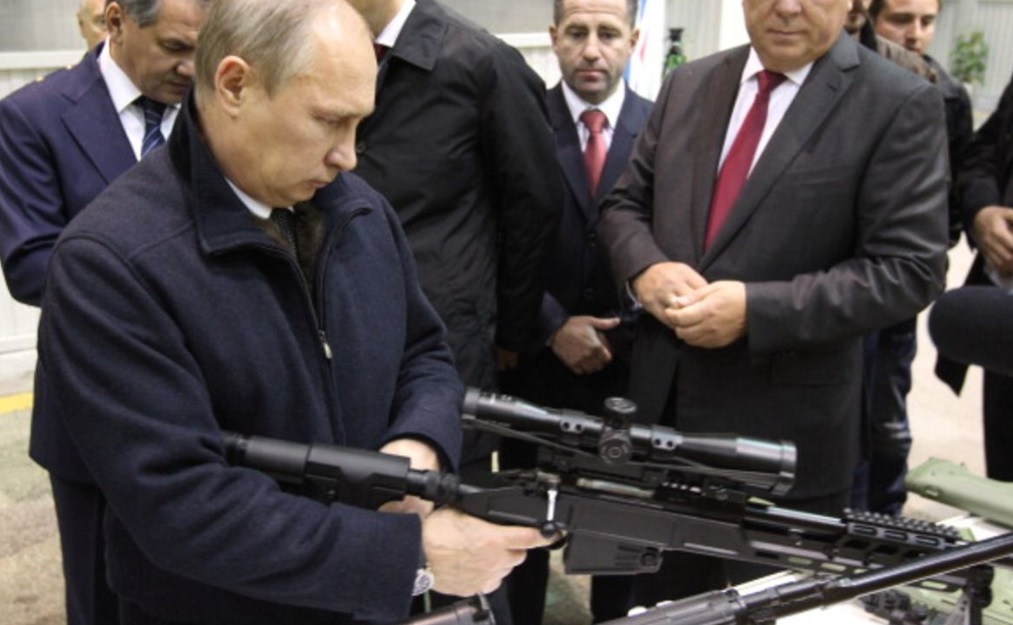Whether or not you believe the Russian economy grew 2.3 percent last year, beating the most optimistic expectations, the Russian Economy Ministry doesn’t want anyone to expect a repeat in 2019. That doesn’t mean there will be no baffling statistical anomalies this year, only that, realistically, there’s no reason for a rapid economic expansion.
Apart from the Yamal “construction boom,” there were three other major contributing factors to the surprising growth, according to detailed 2018 numbers, released in recent days by Rosstat. Oil and gas exports were one factor. A pause in Russia’s joint production-limiting effort with the Organization of Petroleum Exporting Countries boosted oil production. In the second half of the year, Russian crude output reached a record 11.45 barrels a day. Services contributed 0.8 percentage points to the overall growth. That contribution came from two sources: a 6.1 percent year-on-year increase in the hotel and restaurant industry, and a 6.3 percent jump in financial services (in both cases, the growth rate is about twice that of 2017).
Hotels and restaurants profited from the soccer World Cup, held in Russia last summer, which, according to official data, attracted 3.4 million foreign fans. No sporting events of this caliber are planned for this year. The financial sector growth is potentially an even more depressing story. Russians’ real incomes dropped 0.2 percent in 2018, according to Rosstat. At the same time, household consumption increased 2.2 percent in constant prices. It’s conceivable that much of the consumption increase occurred on credit. According to the central bank, loans to individuals increased by 22.4 percent in 2018, a record jump since 2014.
Given all this, it makes sense for the Economy Ministry to damp expectations. President Vladimir Putin wants Russia to grow faster than the global economy, but, creative accounting and uneven data quality aside, his technocrats cannot promise him that without real-life reasons for optimism. All they can promise is to hold the fort.
Russia’s Growth Expectations Fall Back to Earth, Bloomberg, Feb 14
